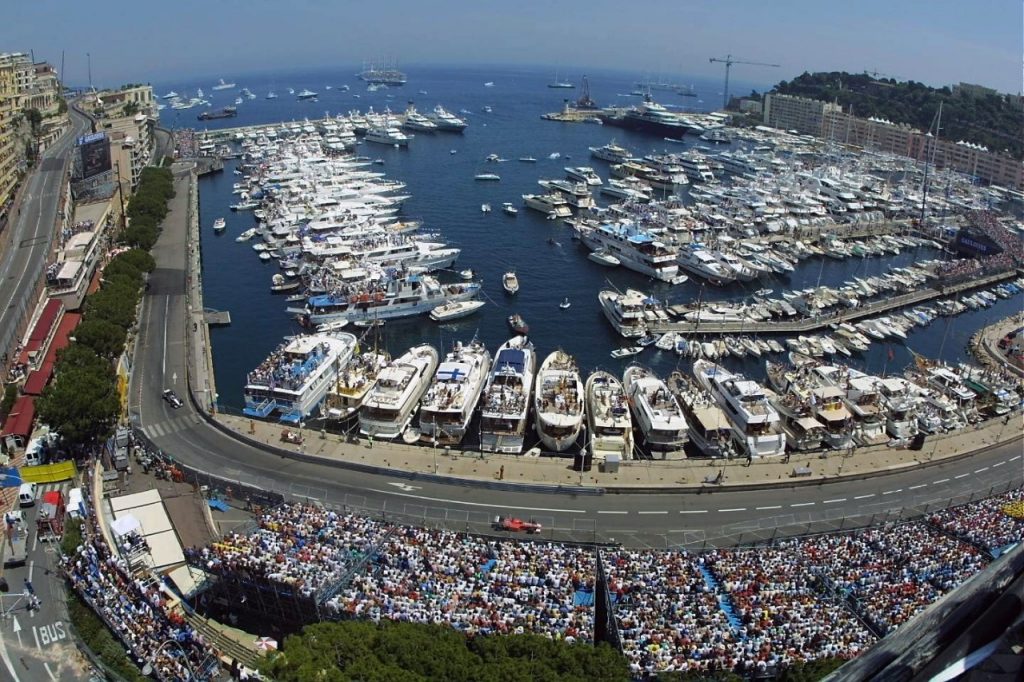With the F1 Grand Prix racing season set to kick off in two months in Melbourne, Australia, we have a very exciting formula one year of racing ahead of us. Here we list the race dates and some interesting facts about Formula One, to keep you updated on this epic string of racing events.
So take note of the upcoming races and mark your calendars, the F1 racing thrills will start soon, but not soon enough. And keep yourself occupied from now until March by playing some online roulette NZ has to offer or take up knitting (one is more fun).
Calendar of upcoming 2018 Formula One races:
25 March – Melbourne, Australia
8th April – Sakhir, Bahrain
15th April – Shanghai, China
29th April – Baku, Azerbaijan
13th May – Barcelona, Spain
27th May – Monaco, Monaco
10th June – Motreal, Canada
24th June – Le Castellet, France
1st July – Spielberg, Austria
8th July – Silverstone, Great Britain
22nd July – Hockeheim, Germany
29th July – Budapest, Hungary
26th august – Spa-Francorchamps, Belgium
2nd September – Monza, Italy
16th September – Singapore, Singapore
30th September – Sochi, Russia
7th October – Suzuka, Japan
21st October – Austin, USA
28th October – Mexico City, Mexico
11th November – Sao Paulo, Brazil
25th November- Yas Marina, Abu Dhabi
A list of Interesting Formula One Facts:
– The formula in Formula One refers to a specific set of rules that all vehicles and racers must stick too
-F1 is the highest class of auto racing, single seat that the Federation Internationale de LÁutomobile has sanctioned
– The Formula One season is made up of a series of races called Grand Prix (which is grand prizes in French)
– Each race is valuated with a points system to determine who the two World Champions are (driver and constructor)
– The most well known city centre race track is Monaco, but the majority of the races are held in purpose built race tracks and are held to the highest standard a track can receive (grade 1)

– Formula One cars are the fastest racing cars on a road course in the world.
– F1 cars can reach speeds up to 375km/h
– Formula One cars rely heavily on their electronic systems – but driver assistance technology like traction control were banned in 2008
– The first Grand Prix were held n 1906
– The Formula One series is based on the Grand Prix Motor racing that was held in the 1920’s and 1930’s and the formula was decided on after World War II
– Silverstone, UK held the first ever inaugural world championship race in 1950, which was won by Italian Giuseppe Farina in an Alpha Romeo
– The cost of a Formula One car can be approximately $120 million, and the industry around the cars has created a large amount of jobs as well as having a significant effect on economics in certain areas
– Michael Schumacher holds the current record for most World Championship titles with an amazing six wins. Prior to his wins the record had been held for 45 years by Juan Manuel Fangio who had five World Championship titles.
